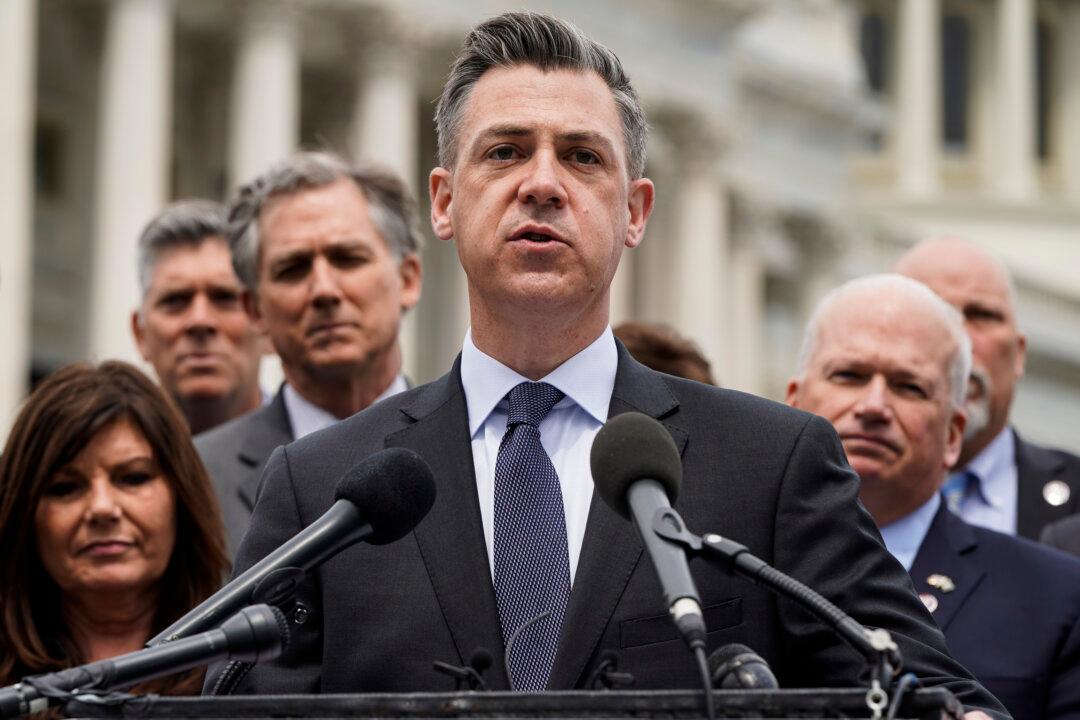For the first time, House Republicans have included in their annual budget proposal a ban on federal money being used to promote critical race theory (CRT) in schools and the military.
The budget for fiscal year 2023, titled “Blueprint to Save America,” was released June 9 by the Republican Study Committee (RSC), a group of more than 150 Republican members of Congress. The proposal not only focuses on balancing the federal budget and reducing government spending, but also supports efforts to combat the infiltration of CRT in America’s institutions.





